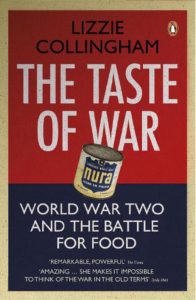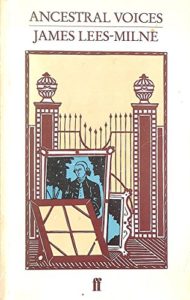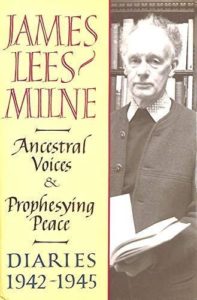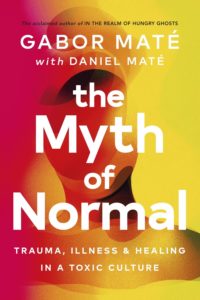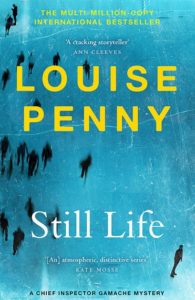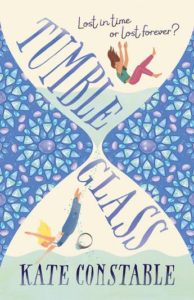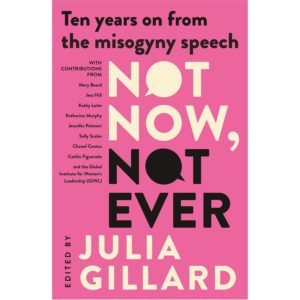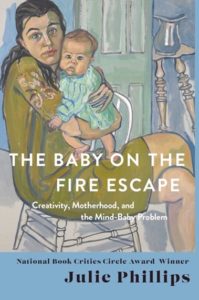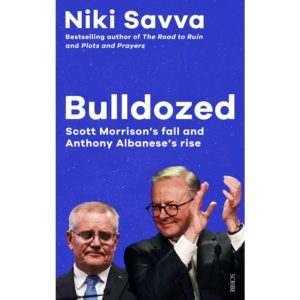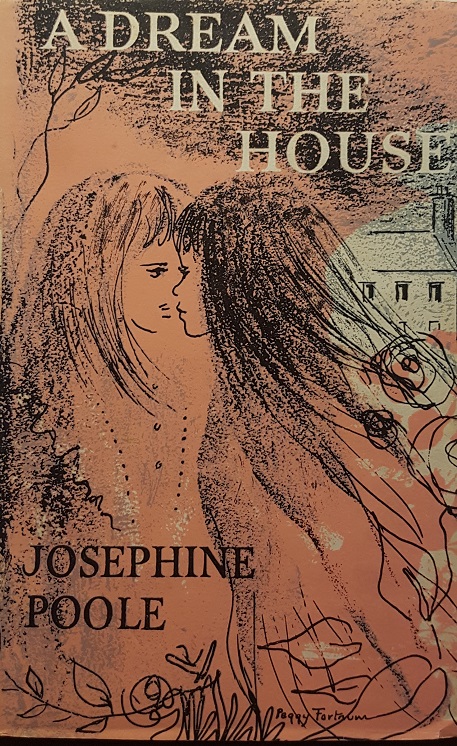 I borrowed A Dream in the House from the Bendigo Library one sweltering summer in the early 1980s. I thought it was very weird. Possibly the weirdest children’s book I’d ever read.
I borrowed A Dream in the House from the Bendigo Library one sweltering summer in the early 1980s. I thought it was very weird. Possibly the weirdest children’s book I’d ever read.
Or was it just the heat, and fever dreams?
Whatever it was, its strangeness and unique poetic intensity haunted me (like another book – Moon Eyes – by the same author) and after searching for years, I finally managed to get hold of a copy a month ago.
It begins:
Here is a large green garden, and you are in it.
Poole describes the trees and flowerbeds and the river nearby, and the house, two-hundred and fifty years old, “solid, comfortable and matter-of-fact”.
But look again at the house, now that the sun has set and only gilds the rims of the chimney pots and the highest copper beech trees. Aren’t the straight windows staring very like eyes? And the straggle of wistaria over the porch gives the place an untidy, almost hairy look. Now, would you dare to go up to that green front door and pull the old-fashioned bell? And if you did, would anybody answer it? And if they did, who?
You are standing on the lawn in front of the neat West Country residence called Colt Lunges. What will happen next?
I will tell you – not the ghost story or supernatural mystery you might expect (think the Green Knowe books, or Tom’s Midnight Garden) from this fairly standard beginning.
Our thirteen-year-old heroine, Jane, arrives at Colt Lunges with her parents. Jane is a twin, but her sister Ann was lost in a storm at sea when she was a baby. She explores the house and garden, makes a friend of the motherly housekeeper, avoids her overwrought mother, meets the vicar and his daughter, finds an old diary, learns a little of local and family history. Her ancestor, a judge, had a group of teenagers transported to Australia for stealing the church treasure. The boys were shipwrecked, and drowned. And then his daughter, another Ann, was kidnapped and never seen again.
Dream-like events (some magical, some terrifying) multiply. Plants sing and dance. The river tries to drown her. A ghost gardener, Tom, who speaks in rhyme, joins her in dreams. They search for Ann. For the two Anns; Ann, who disappeared over a century ago, and Jane’s drowned twin.
Tom and Jane find themselves on an island located through a crack in the wall, hidden behind a turtle shell, in the attic. On the beach, Jane is menaced by an army of crabs – “as big as dinner plates, they crouched like armoured spiders among the rocks, blue-black, bow-legged and malevolent”. Up on the land, plants and flowers seethe with vicious insects and snakes. Guided by Tom, she crawls through tunnels and caves, a stifling slimy maze under the sea, until she finds herself in a huge cavern, “a chapel shaped cavern, whose walls were a mosaic of rubies and pearls”.
It was indescribably splendid, immeasurably rich, and should have been infinitely beautiful but it was not. The rubies that studded the walls and hung from the ceiling glowered crimson, as if they would burn at a touch, and the pearls that should have been as pure as lilies were cold and hard and it was from them that the foul smell came.
It gets more bizarre. They find Ann, mute and cold as a statue, guarded by a mythical, magical serpent.
In its eyes was the solution to all mysteries: if you looked into them you understood the language of birds and animals, you saw into the depths of the sea, you heard what was spoken under the earth and the music of stars. Those eyes stared at Jane and willed her to stare back into them and lose herself in their magic.
After a battle to the death (both Tom and the serpent) the girls struggle back through the caves and tunnels into the attic, and down into the house.
Where their parents seem to placidly accept Ann’s reappearance. And life goes on at Colt Lunges…
Jane has gained Ann, but lost something of herself. Is it her imagination, or in fact the gift of seeing the unseen?
It is odd, Jane thought, that I had to sacrifice for Ann that bit of myself that I valued the most, and yet instead of holding it against her I love her the more for it. It has made her even more precious. Perhaps that part of me went with Tom. That part of me with wings that could fly through time, and the eyes that saw roses dancing, is waiting now with him. I must always remember that the magic has not gone out of the world, just because it has gone out of me…
Yes, I was right. It wasn’t the heat, all those years ago: A Dream in the House is a seriously weird book. Unsettling, intense. Magical, and macabre. Nightmarish. I can’t imagine it getting published today. I can’t actually imagine the child who would really enjoy it, either. But I may be underestimating children.

